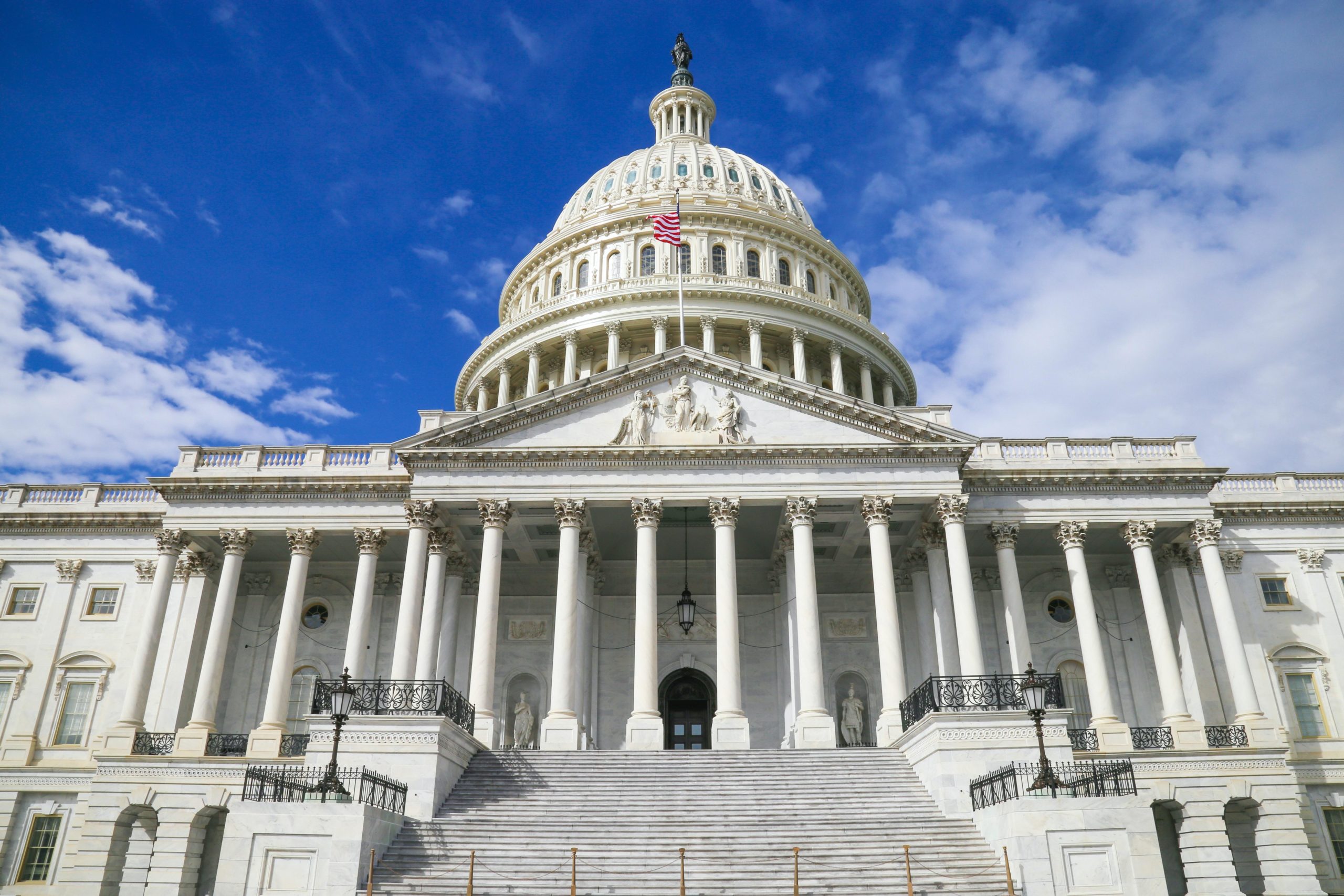
Many small businesses across America are struggling as stay at home orders and social distancing impact their ability to do business . In late March the federal government passed the CARES Act which included broad provisions to support individuals and businesses. One of the major highlights of the bill was the introduction of the Paycheck Protection Program. These loans are designed to provide support to small businesses with funds, much of which can be forgive n tax free, if used to keep employees on payroll and also for other essential business functions. The program was so popular the it quickly ran out of funding . This prompted the government to pass a second round of funding for the program , and also extended benefits to certain self-employed individuals as well.
Much of what makes these loans so compelling is the fact that much of the borrowed money can be forgiven , and the amount forgiven is not taxable to the business. However, there are certain rules that must be followed in order to qualify for the forgiveness. This week the Paycheck Protection Flexibility Act was signed into law to provide additional assistance to businesses who used the loans, and also to make the forgiveness requirements less stringent. Here’s what you should know about the act’s changes to the PPP program.
Changes to Small Business PPP Loans
There are some major changes to the original terms of the PPP loans that should mostly be advantageous to small business owners. Some of the more impactful alterations are highlighted below. For more details you can read a summary by the Journal of Accountancy about the new bill.
Forgivable Timeline Extended:
Arguably the most appealing feature of the loans for small businesses is that it can be forgiven. Under the original terms of the loans, only amounts from the loan spent on qualified expenses during the first 8-weeks were eligible for forgiveness. The new act allows this to be extended to 24-weeks – likely allowing more businesses to have all, or a much greater portion , of the loan forgiven, tax-free. Since there are other qualifications for forgiveness, if a business wishes to maintain the 8-week time frame they are allowed to do so.
Payroll Expenditure Requirement Reduced:
The original terms of the loan required that at least 75% of loan proceeds be spent on payroll, otherwise less of the loan would be eligible for forgiveness. Now, that requirement is reduced to 60%, allowing more flexibility in how the loan proceeds are used and still be eligible for forgiveness. A key distinction , however, is that if at least 60% is not spent on payroll, none of the loan is eligible for forgiveness.
Exceptions to Restoring Workforce:
A main intention of the PPP was to keep employees on the payroll during a time of uncertainty. A key component of forgiveness is that the small business in the 8 (now 24) week period following their loan’s origination must maintain the same number of employees as it had from either February 15, 2019 – June 30, 2019 or from January 1, 2020 – February 29, 2020. Under the new act, loan recipients can exclude previous employees who turned down good faith efforts to be rehired at the same wages and hours. A small business can also adjust the required number of employees if they are unable to find qualified employees or because they were not able to restore the business to previous levels because of operating restrictions placed on them.
Loan Term Extended:
A relatively minor, but important , change is that non-forgiven portions of the loan can now be repaid in five years instead of two. This gives businesses that do need to pay back loans more time considering many may be cash-strapped in the near- future .
Payroll Tax Delay:
One drawback of taking a PPP loan was that the business was ineligible for other benefits from the CARES Act . For instance, if any portion of the loan was forgiven the business was ineligible to defer payroll taxes under the terms of the bill. This is changed under the new bill , allowing eligible businesses to also take advantage of the payroll tax deferment . Please see our other post on the CARES Act for details of this program.
Summary
This is a difficult time for many small businesses. The Paycheck Protection Program was designed to provide some relief, and that assistance just got a little better. As the name implies, the Paycheck Protection Flexibility Act gives small businesses more options with how to use the funds, and a greater possibility to have more of the loan forgiven.


